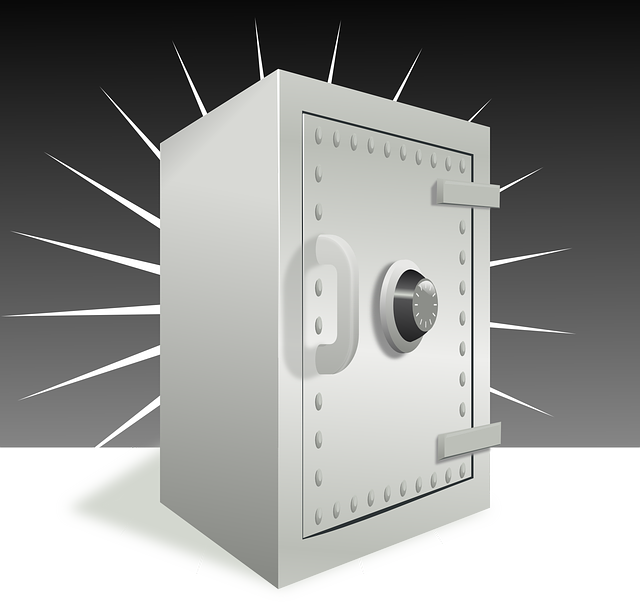Depositing money is a crucial financial activity facilitating effective fund management for individuals and businesses through various methods like bank branches, ATMs, or digital platforms. Online banking offers real-time access and convenience while in-branch interactions provide personalized guidance for complex transactions. Understanding these options ensures secure and efficient financial operations. Prioritizing security through encryption technology, two-factor authentication, regular password updates, and monitoring account activity safeguards deposited funds from unauthorized access and cyberattacks.
“Discover the art of depositing money with our comprehensive guide. Learn the fundamentals, explore diverse deposit options, and secure your financial assets like a pro. From traditional methods to modern digital solutions, we unravel the benefits of each type. Understand how to navigate the process seamlessly, ensuring your funds’ safety and growth. Whether you’re a novice or an experienced saver, this article offers valuable insights to optimize your depositing experience.”
- Understanding the Basics of Depositing Money
- Different Types of Deposits and Their Benefits
- Securely Managing Your Deposited Funds
Understanding the Basics of Depositing Money

Depositing money is a fundamental aspect of financial transactions, allowing individuals and businesses to add funds to their accounts, whether it’s for savings, investments, or day-to-day operations. The process involves transferring monetary value from one entity to another, typically facilitated by banks or financial institutions. Understanding the basics is crucial in ensuring smooth and secure transactions.
When you want to deposit money, you have several options, such as visiting a branch, using an ATM, or utilizing digital banking platforms. Each method offers convenience and accessibility, catering to different preferences and needs. For instance, online banking provides real-time access and ease of use, enabling customers to manage their funds from the comfort of their homes. In contrast, visiting a branch offers face-to-face interactions with bank representatives, which can be beneficial for complex transactions or when seeking personalized guidance.
Different Types of Deposits and Their Benefits

When it comes to depositing money, there are several options available that cater to different needs and preferences. One common type is the direct deposit, where funds are transferred directly from your employer or government agency into your bank account, ensuring a convenient and timely inflow of cash. This method is particularly beneficial for those who rely on regular salary payments.
Another popular option is the mobile deposit. With just a few taps on your smartphone, you can capture a picture of a check and deposit it directly into your account. This innovative feature offers flexibility and convenience, especially for individuals who prefer digital banking. Mobile deposits are not only quick but also secure, as they utilize encryption technology to protect sensitive information during the transaction process.
Securely Managing Your Deposited Funds

When you’ve deposited money, ensuring its security is paramount. Secure storage and management practices are essential, especially as digital transactions become more common. Reputable financial institutions employ advanced encryption and secure servers to safeguard your funds from unauthorized access. They also implement robust anti-fraud measures to protect against cyberattacks and identity theft.
Additionally, staying informed about security protocols and keeping your personal information confidential is crucial. Regularly update your passwords, enable two-factor authentication where available, and monitor your account activity for any unusual transactions. By following these best practices, you can confidently manage your deposited money with peace of mind, knowing it’s protected by robust security measures.
In understanding the basics, exploring different types, and securing your funds, depositing money has evolved into a strategic process. Whether for savings or transactions, leveraging various deposit options allows you to maximize benefits while ensuring safety. By adopting best practices, you can effectively manage your deposited funds, ultimately achieving financial stability and growth.






